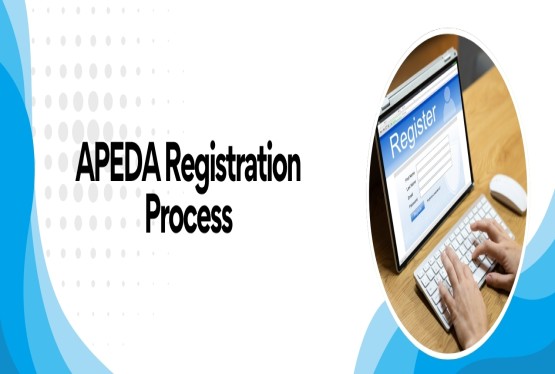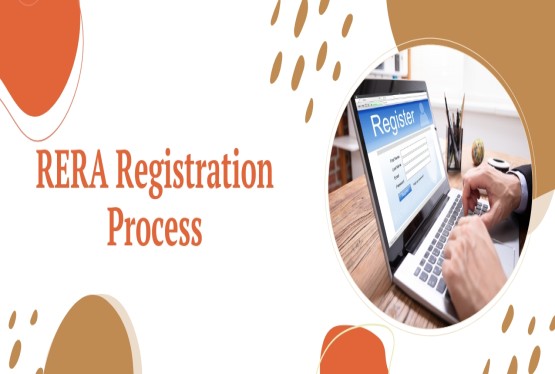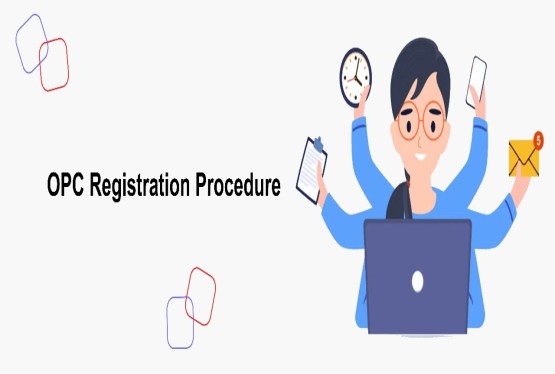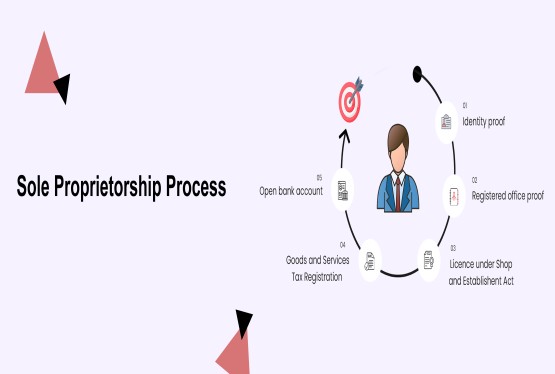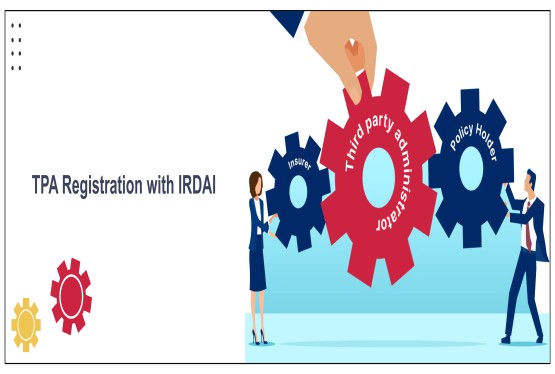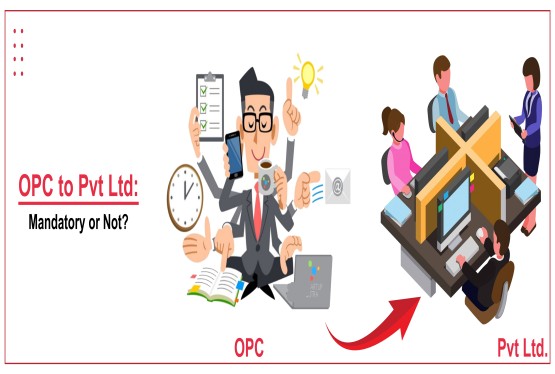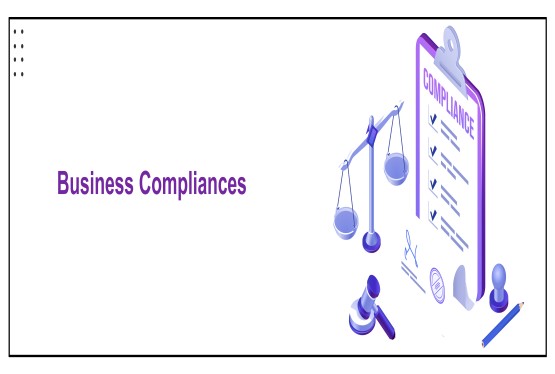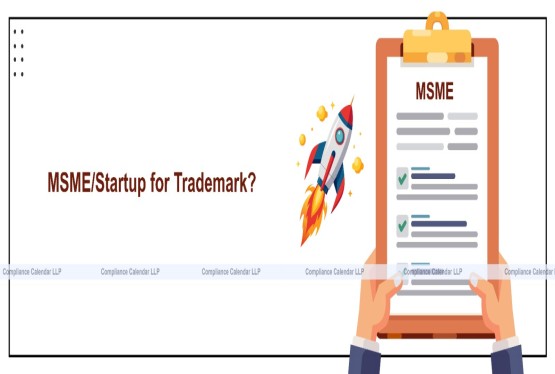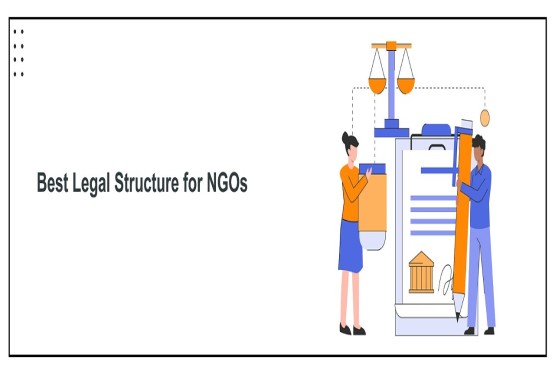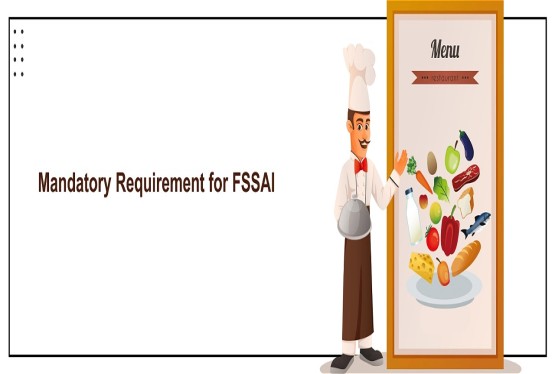The Real Estate (Regulation and Development) Act, 2016 also known as RERA was introduced to bring transparency, accountability, and efficiency in India’s real estate sector. One of the key stakeholders under RERA is the "promoter," whose role and responsibilities have been clearly defined and regulated to protect homebuyers. This article provides a detailed overview of RERA Registration For Promoters, outlining the procedure, benefits, functions, documents required, and legal requirements in an easy-to-understand format.
RERA For Promoters
Under RERA, a promoter is defined as a person who constructs or causes to be constructed an independent building or a building comprising apartments. This includes the conversion of an existing structure into apartments for the purpose of selling them. The term also extends to developers, builders, contractors, and landowners acting through a power of attorney. RERA was enforced to address the rising number of complaints by homebuyers related to project delays, false commitments, and misuse of funds. It created a regulatory framework to ensure ethical practices and protect consumer rights in the real estate market. Since the implementation of RERA, the sector has witnessed improved trust and investment.
Who Needs RERA Registration?
RERA Registration For Promoters is mandatory for:
-
All residential and commercial projects exceeding 500 square meters or more than eight apartments.
-
Ongoing projects that have not received a completion certificate.
-
Real estate agents involved in the sale of such projects.
The law applies to both new developments and existing constructions that are being marketed for sale. Failure to register can attract penalties up to 10% of the project cost or imprisonment for up to three years.
Benefits of RERA For Promoters
- Under the Real Estate (Regulation and Development) Act (RERA), developers and promoters are bound by a strict framework to ensure fair practices and transparency in real estate transactions. One of the key requirements is the disclosure of accurate project details. Promoters must provide complete information about the project, including sanctioned building plans, layout approvals, promised amenities, and estimated timelines for completion. This level of transparency helps build trust with buyers and significantly reduces the chances of legal disputes.
- RERA also mandates timely delivery of projects. Promoters are legally obligated to adhere to the completion deadlines promised at the time of booking. If they fail to deliver on time, they are liable to face penalties or provide compensation to the buyers, ensuring that homebuyers are protected from undue delays.
- Additionally, developers must obtain all necessary statutory clearances and approvals—such as environmental permissions, local authority sanctions, and land ownership verifications—before they can begin marketing or selling any units. This requirement ensures that buyers are investing in legally sound projects and helps avoid regulatory hurdles down the line.
- The Act also places restrictions on the booking amount that promoters can collect. To protect homebuyers from financial exploitation, RERA caps the booking amount at a maximum of 10% of the total project cost. Importantly, this amount can only be collected after the execution of a formal sale agreement, thereby ensuring financial commitment from both parties.
- RERA strictly prohibits the advertisement, promotion, or sale of any real estate project without prior registration with the regulatory authority. Promoters must obtain a valid RERA registration number and mention it in all advertisements. This prevents unregulated and misleading promotions, offering buyers greater confidence and clarity while making property-related decisions.
Documents Required For RERA Registration For Promoters
To apply for RERA registration for Promoters, promoters must submit the following documents:
-
PAN card of the promoter
-
Aadhaar card or ID proof
-
Photograph of the promoter
-
Project commencement certificate, if applicable
-
Land title deed or legal ownership documents
-
Encumbrance certificate
-
Approved layout plan and building plan
-
Sanctioned plan from competent authority
-
Development agreement or collaboration agreement (if any)
-
Details of the project including specifications
-
Declaration under Form B affirming the legal title and other compliances
-
Previous project details (if any) from last 5 years
-
Bank details for project account as mandated by RERA
RERA Registration Procedure For Promoters
Step 1: Create an Account on the State RERA Portal: Each state has its own RERA authority and website. Promoters must register by creating a login ID.
Step 2: Fill in the Application Form: The promoter must fill in the online application form with all relevant details such as promoter profile, project overview, land details, and past projects.
Step 3: Upload Documents: All required documents listed above must be scanned and uploaded to the portal.
Step 4: Pay Registration Fee: The registration fee is calculated based on the area and type of project (residential/commercial). It must be paid online through the designated payment gateway.
Step 5: Submission and Acknowledgement: Once submitted, an acknowledgment receipt will be generated. The authority has 30 days to accept or reject the application.
Step 6: Certificate of Registration: If approved, a unique RERA Registration Number and certificate are issued. Promoters can now legally advertise and sell the project.
Functions and Duties of Promoters Under RERA
-
Registration of the Project: As per RERA guidelines, no promoter is allowed to market, advertise, sell, or even offer units in a real estate project without first obtaining registration under the respective State RERA authority. This provision ensures that only compliant and verified projects reach the market, protecting buyers from fraudulent or unauthorized developments.
-
Display Project Details on RERA Website: After successful registration, the promoter is required to upload and regularly update comprehensive project information on the RERA portal. This includes layout plans, construction progress, statutory approvals, financial disclosures, and expected timelines. Such public access promotes transparency and allows buyers to track the real-time status of their investment.
-
Transparency During Booking: At the time of booking, the promoter must provide the buyer with complete and accurate documentation, such as sanctioned building plans, approved layout plans, and technical specifications of the unit. This provision under RERA empowers homebuyers with informed decision-making and reduces disputes over construction quality or deviations.
-
Adherence to Timelines: Promoters must provide a stage-wise schedule of construction and project completion during registration and are legally obligated to adhere to it. Any deviation from the timeline without proper justification or approval may attract penalties, thus reinforcing timely delivery and accountability in the real estate sector.
-
Completion and Occupancy Certificates: Before handing over possession to buyers, it is mandatory for promoters to obtain both the Completion Certificate (CC) and the Occupancy Certificate (OC) from the relevant local authorities. These certificates validate that the construction complies with approved plans and that the premises are fit for habitation, ensuring buyer safety and legal compliance.
-
Refund for Delay: In the event of an unreasonable delay in handing over possession, RERA provisions grant the buyer the right to withdraw from the project. In such cases, the promoter must refund the full amount paid along with applicable interest. This clause ensures financial protection and acts as a deterrent against project delays.
-
Lease Details: If the project is constructed on leasehold land, the promoter is duty-bound to disclose all related lease terms to the buyer. This includes the total lease duration, renewal clauses, annual lease charges, and the authority that owns the land. Such disclosure prevents legal complications for the buyer in the future.
-
Maintenance Responsibility: Until the formation and registration of the association of allottees (Resident Welfare Association or similar body), the promoter is responsible for maintaining essential services such as water supply, sanitation, lighting in common areas, and security. This ensures that buyers experience uninterrupted basic amenities until they take collective charge of maintenance responsibilities.
New Rules That Promoters Must Be Aware Of
Promoters cannot modify any aspect of the project once registered unless two-thirds of the allottees agree in writing. Safekeeping of Funds: Promoters must deposit 70% of the project funds collected from buyers into a separate bank account to cover construction and land costs. This curbs fund misappropriation. Increased Accountability: Promoters are liable for structural defects and must rectify them within 5 years from the date of possession.
Why is RERA Important for Promoters?
RERA has helped restore the faith of the public in real estate developers. With legal clarity and transparency, credible promoters can now differentiate themselves from fraudulent ones. Once registered, the promoter is empowered with a government-verified seal of approval, increasing buyer confidence and sales. Moreover, timely delivery, regulated funds, and customer satisfaction contribute to the promoter’s reputation in the market. RERA acts as a boon for genuine developers who wish to grow with integrity.
Penalties for Non-Compliance
Failure to register the project under RERA can lead to:
-
A penalty of 10% of the project cost
-
Imprisonment up to 3 years
-
Additional fines for misleading information or delayed possession
Conclusion
RERA Registration For Promoters is not just a legal formality, but a significant step towards building a credible and trustworthy real estate business in India. By adhering to the guidelines laid out under the RERA Act, promoters can ensure long-term success and build strong relationships with buyers. It is essential to prepare accurate documentation and follow the proper registration process. For RERA registration and consultation, Contact Compliance Calendar LLP they will provide end-to-end RERA compliance services to promoters across India. To book a consultation with the RERA Experts email us at info@ccoffice.in or Call/Whatsapp at +91 9988424211.
FAQs
Q1. What is RERA registration for promoters?
Ans. RERA registration for promoters is the mandatory process under the Real Estate (Regulation and Development) Act, 2016, where a promoter must register their real estate project with the respective state’s RERA authority before advertising, marketing, or selling any units in the project.
Q2. Who qualifies as a promoter under RERA?
Ans. A promoter under RERA includes builders, developers, contractors, and landowners who construct or convert buildings into apartments for sale. It also includes individuals acting under a power of attorney from the landowner.
Q3. Is RERA registration mandatory for all projects?
Ans. Yes, RERA registration is mandatory for all residential and commercial projects that exceed 500 square meters in area or involve more than 8 apartments. Ongoing projects without a completion certificate also need to be registered.
Q4. What are the penalties for not obtaining RERA registration?
Ans. Failure to register a project under RERA can result in a penalty of up to 10% of the project cost. In serious cases, it can also lead to imprisonment for up to three years along with additional fines.
Q5. What documents are required for RERA registration of a project?
Ans. Key documents include PAN card, Aadhaar card, land title deed, sanctioned building plan, encumbrance certificate, development agreement, project specifications, and details of past projects (if any) from the last five years.
Q6. How long does it take to get RERA registration?
Ans. The respective state RERA authority must approve or reject the application within 30 days of submission. If no decision is communicated within this time, the application is deemed approved by default.
Q7. Can a promoter advertise a project before obtaining RERA registration?
Ans. No, under RERA, promoters are strictly prohibited from advertising, marketing, or selling any part of the project without first obtaining the RERA registration number and certificate.
Q8. Is separate registration required for each project by the same promoter?
Ans. Yes, RERA registration is project-specific. Each new project undertaken by a promoter must be registered separately with the respective state RERA authority.












_crop10_thumb.jpg)





_crop10_thumb.jpg)




























-Form_crop10_thumb.jpg)

_crop10_thumb.jpg)























_learn_crop10_thumb.jpeg)
































_crop10_thumb.jpg)

_crop10_thumb.jpg)





















_crop10_thumb.jpg)















_for_Foreign_Directors_learn_crop10_thumb.jpeg)




_Act,_2015_learn_crop10_thumb.jpg)


































_learn_crop10_thumb.jpg)











